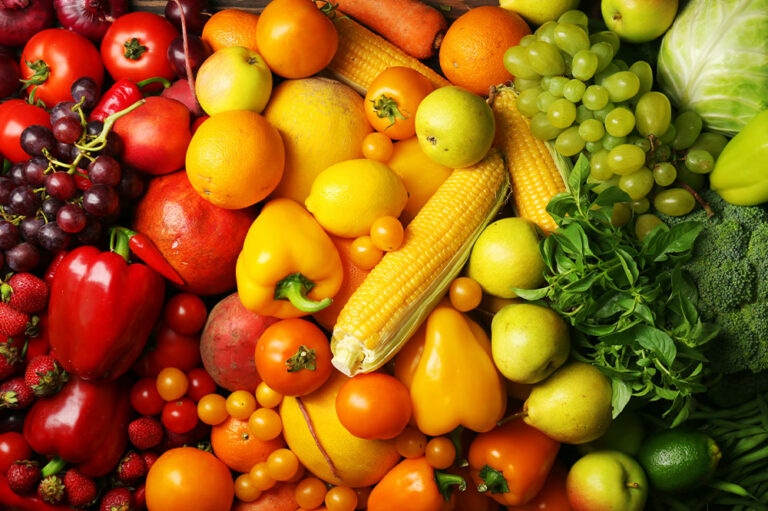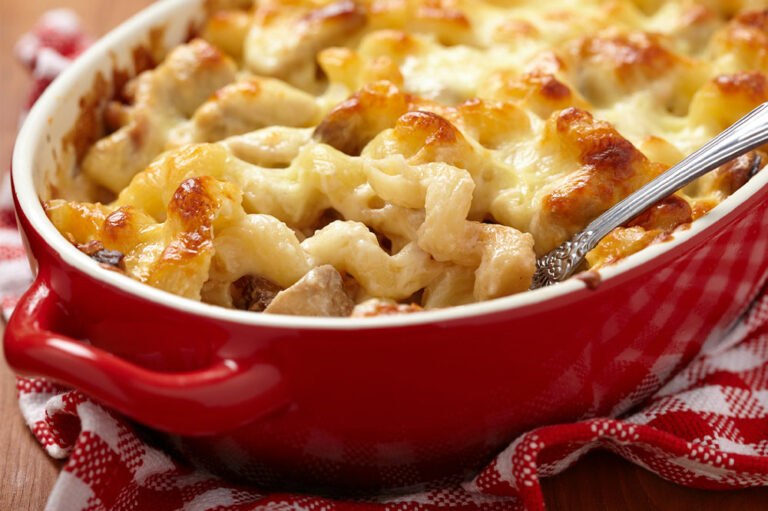
13 foods to avoid to manage MAC lung disease
MAC lung disease is caused by MAC bacteria (Mycobacterium avium complex) living in the soil and water. They generally affect people with compromised immunity and respiratory ailments, causing symptoms like chronic cough, hemoptysis, fatigue, low-grade fever, shortness of breath, chest pain, and anxiety, which may impede daily activities. Eating the right foods and avoiding the wrong ones is crucial to maintaining one’s quality of life. Here are 13 foods to avoid for MAC lung disease.
Dairy
People with MAC lung disease must avoid dairy products despite their rich calcium content. This is because dairy has been known to impact respiratory health. According to some studies, drinking milk may increase mucus production, leading to congestion. Consuming cheese may also lead to the release of histamines, which can cause airway inflammation.
Salty foods
Foods rich in sodium chloride (or salt) can lead to water retention in the body. This can lead to shortness of breath among those who live with lung disease. Apart from cutting back on table salt, one must also check the ingredients in packed foods, seasonings, and dressings. Confirm that these do not contain more than 300 milligrams of salt per serving. Alternatively, opt for herbs and spices to season food.
Processed meats
Processed meats and cold cuts such as bacon, ham, hot dogs, sausages, and luncheon meats generally contain additives such as nitrates, which help prolong their shelf life. Nitrates have been linked to an increased risk of chronic obstructive pulmonary disorder (COPD), exacerbating lung inflammation. Processed meats also contain sodium nitrites a carcinogenic compound that may increase the risk of cancer. It is best to avoid these meats or look for variants with no added nitrates.
Soda
Soda or sweetened carbonated beverages may significantly aggravate MAC lung disease symptoms. This is because soda contains high amounts of sugar, which can lead to inflammation in the body. Additionally, its carbonation comes from carbon dioxide, which can lead to gas and bloating, affecting the airways and making it difficult to breathe. Ideally, those with MAC lung disease must avoid soda. Switch to non-carbonated flavored drinks like iced tea or juice instead.
Fried foods
Fried foods contain high amounts of unhealthy fats, which can cause inflammation and bloating in the body. This may push on the diaphragm, making it harder to breathe. Over time, regular consumption of these foods may also lead to higher levels of cholesterol, which can worsen symptoms of lung disease.
Chocolate
Chocolate contains caffeine, which may increase the heart rate. Additionally, it also contains high amounts of sugar, which may increase mucus production and worsen symptoms of lung disease.
Bread
Although a staple across many cultures, bread can also worsen symptoms of lung disease. It is known to increase mucus production. Studies have also shown that consuming more than two slices of white bread per day could lead to a higher risk of chronic rhinosinusitis. Research has also linked bread consumption with worsening of asthma symptoms, such as wheezing, chest tightness, or shortness of breath. Switching to whole-grain options may be beneficial, especially for people with respiratory conditions.
Eggs
Eggs are a good source of protein and healthy fats. However, they can also increase mucus production in the body. More research is required to understand why this occurs. In some cases, the body may trigger an immune response against the protein albumin, leading to raised levels of inflammation and mucus production. If one begins to experience these problems, it may be worthwhile to limit egg intake.
Corn
Those with MAC lung disease must avoid corn, as it can negatively impact both the immune and respiratory systems. Corn contains mycotoxins, which can aggravate the risk of several health conditions. It can also lead to increased mucus production, sneezing, itching, and a runny nose.
Dried fruits and vegetables
Fresh fruits and vegetables are a great source of daily nutrients such as vitamins, minerals, and antioxidants. The drying process, however, may strip some of these. Dried fruits and veggies also have a higher concentration of sulfites, which can impact lung health. To protect one’s respiratory health, always opt for fresh fruits and vegetables.
Cruciferous vegetables
While vegetables are a rich source of nutrients, some of them, such as broccoli and cauliflower, may increase the risk of gas and bloating. This may worsen symptoms and make breathing difficult for those with chronic lung conditions such as MAC lung disease and asthma. If one experiences these changes, limiting consumption of cruciferous vegetables may help.
Vinegar
Vinegar-rich foods generally undergo a fermentation process. Due to this, they contain high levels of sulfites, which may worsen symptoms of MAC lung disease. Some foods with high amounts of vinegar include sauces and salad dressings, marinades, and pickled fruits and vegetables. As a precautionary measure, one must be mindful and practice portion control when consuming these products.
Shellfish
Shellfish like shrimp, lobster, and crab are a rich source of protein, but they also contain high levels of purines. As purines break down in the body, they produce uric acid. This may lead to inflammation and cause breathing difficulties. Shellfish is also one of the most common allergens, which can lead to a severe reaction called anaphylaxis. An anaphylactic shock can cause swelling of the airways, breathing difficulties, and reduced blood pressure levels. Those living with lung disease must be cautious about their shellfish consumption or switch to alternative protein sources such as chicken, turkey, and salmon.
Chronic lung conditions such as MAC lung disease can be difficult to manage. To maintain lung health, one must refrain from indulging in inflammatory foods. Instead, opt for foods such as beets, pumpkins, tomatoes, leafy greens, apples, berries, and high-fiber foods, which may improve lung function and oxygen intake.







